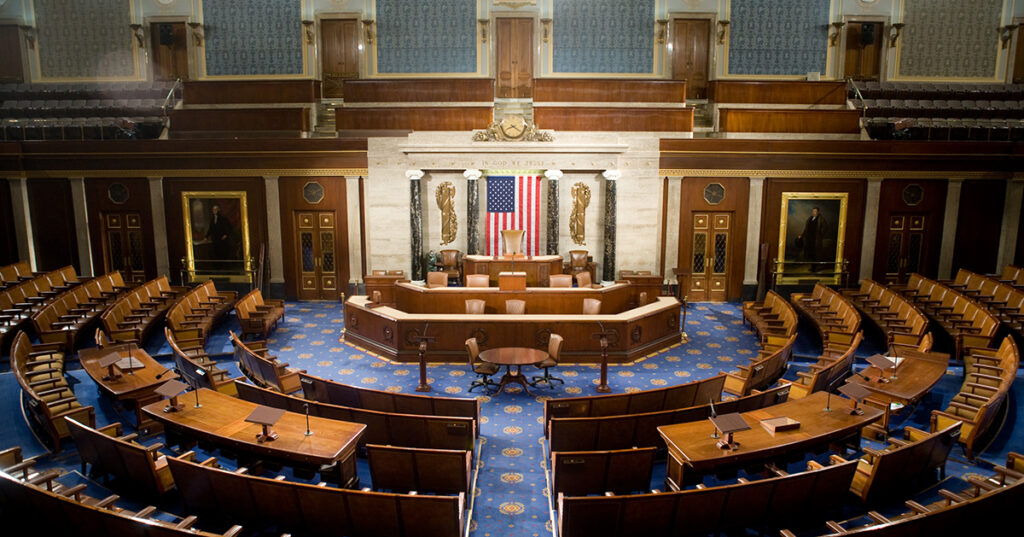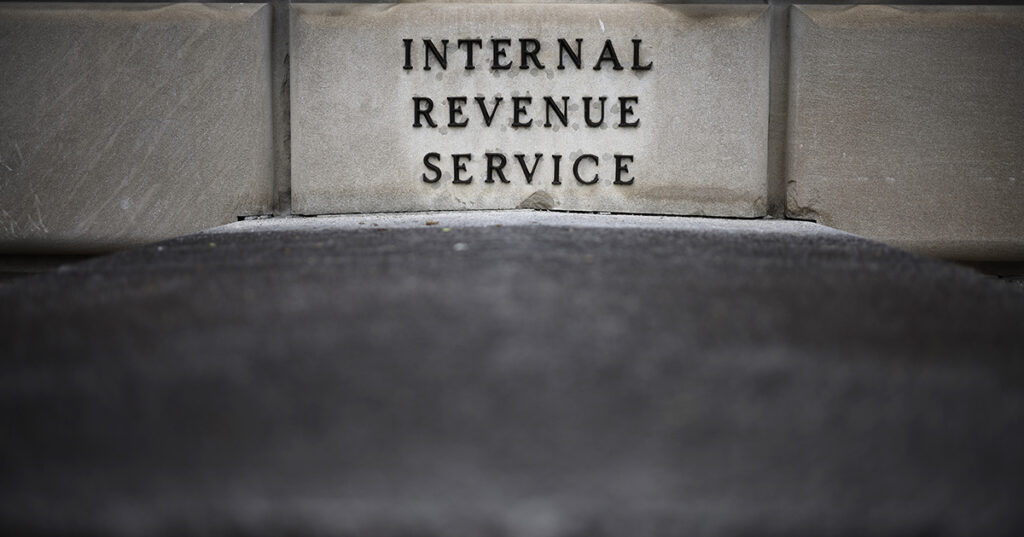Budget Basics: What Is the Earned Income Tax Credit?
The earned income tax credit (EITC) is a measure administered through the tax code to address poverty.
Read MoreInvesting in Kids Promotes Healthy Children, More Productive Adults, and a Stronger Fiscal Foundation
Research shows that investing in children can produce positive fiscal outcomes for the government.
Read MoreHow Would the Tax Relief for American Families and Workers Act Change Federal Tax Law?
The Tax Relief for American Families and Workers Act is estimated to cost about $400 million over 10 years.
Read MoreWhat Is the SALT Cap?
The deduction of state and local tax payments from federal income taxes has been a subject of debate among economists and policymakers over the past few years — with significant implications for our budget and fiscal outlook.
Read MoreGrowing Momentum for a Fiscal Commission in Congress
A fiscal commission would provide the space and structure for lawmakers to comprehensively review the entire budget and improve the fiscal path of the U.S.
Read MoreTaxing the Rich Could Raise Trillions — But That Alone Won’t Fix Our Fiscal Crisis
A new paper from Manhattan Institute’s Brian Riedl examines ways to raise revenue from high-income Americans.
Read MoreRecent Projections Show Higher Interest Rates than Expected Earlier This Year
CBO now expects interest rates over the next two years to be higher than previously anticipated, according to new data released on December 15.
Read MoreWould Increased Funding for the IRS Narrow the Tax Gap?
Nearly half a trillion dollars in taxes go uncollected every year. Can increased funding for the IRS bring in more federal revenues?
Read MoreHow Fixing the Appropriation Process Can Help Avoid a Shutdown
There is no question that the appropriation process is broken, with lawmakers consistently missing deadlines and often resorting to the less-than-ideal outcomes.
Read MoreWith Automatic Benefit Cuts Looming, Nearly All Voters Want Lawmakers to Reform Social Security
Social Security, America’s essential public retirement program, is on a path to depletion in less than 10 years.
Read More








